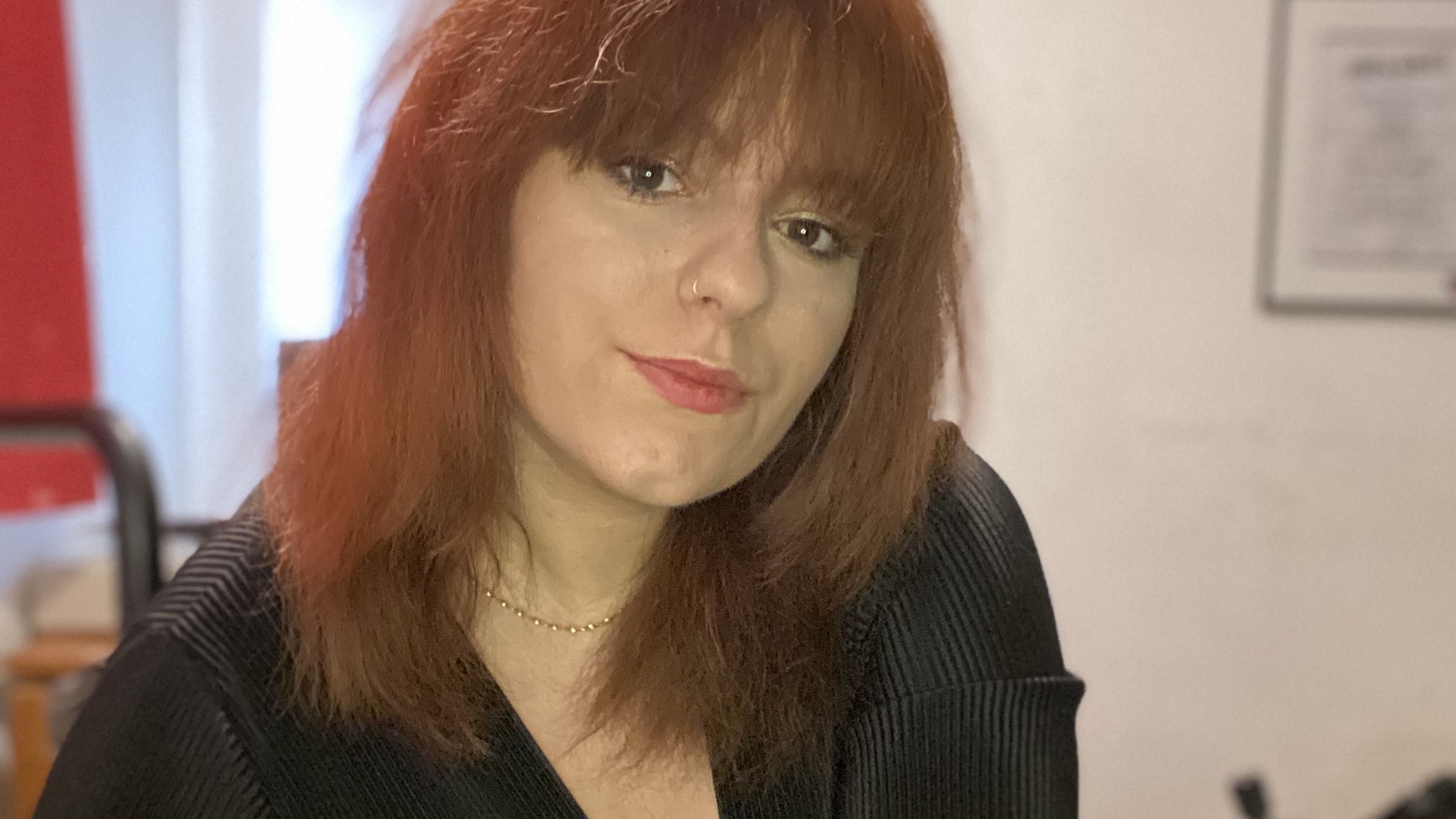A disabled woman says she has been deprived of her human rights after having to endure four months without a shower or toilet while waiting for a bathroom hoist to be fitted.
Faith Martin, a 21-year-old with cerebral palsy, needs a hoist to lift herself off her wheelchair onto the toilet and get into the shower at her home in Portsmouth. She can’t walk, so the only way out of the chair is by using the hoist.
“I don’t have any access to a toilet or shower,” she said. “At the minute, I’m using a commode in my bedroom because it’s the only place I have a hoist in the house. And I’m basically washing out the sink because I can’t get into the shower.”
The hoist is paid for by the NHS but provided by company NRS Healthcare. Technicians have visited the house for pricing quotes, but it was not until after The Big Issue contacted the company and Portsmouth Clinical Commissioning group that a date was arranged for the hoist to be fitted.
A spokesperson from Portsmouth City Council apologised for the delay and said it had “intended to have the hoist installed sooner but staff sickness meant there was no one available to visit the property until now”. The hoist is expected to be fitted later this week.
- It’s time the government stepped up to help disabled people in the cost of living crisis
- ‘We have to keep fighting’: Legacy benefits campaigners call for systemic change after court defeat
But it’s long overdue for Martin, who has had to endure months without use of her bathroom. “It’s a bit embarrassing. I shower every day but I can’t do that now and I’m not as clean as I would like to be. Washing out of a sink for a week at best wouldn’t be ideal, but it’s fine.









